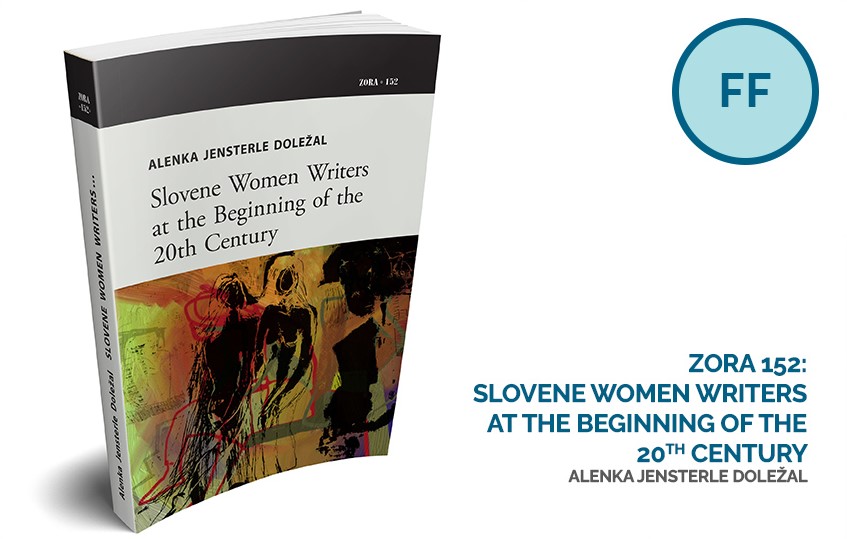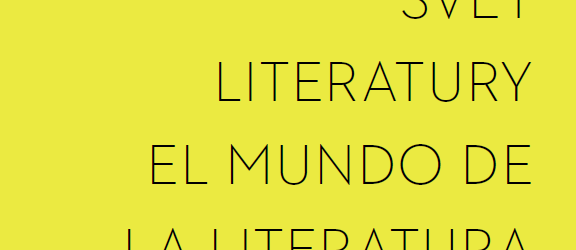The monograph written by an academic from the Institute of Ethnology and Central European and Balkan Studies at CU FA consists of eleven literary-historical studies and an appendix in the form of biographies of the authors. At the forefront of the studies is comparative research on Slovenian women authors in the Slovenian modern period, who have been either overlooked or under-researched in Slovenian literature.

In Slovenian literary history, only four critical authors from this period have generally been highlighted: Ivan Cankar, Oton Župančič, Dragotin Kette, and Josip Murn-Aleksandrov, while authors with original poetics, who first began to gain a more prominent presence in the Slovenian space in this period, were often neglected in critical receptions in the 20th century.
This monograph focuses on the work of four key authors: the novelist and feminist Zofka Kveder (1878–1926) and three poets, Vida Jeraj (1875–1932), Ljudmila Poljanec (1874–1948) and Lili Nova (1885–1958). In addition to Lili Nova, these women came from the generation of Slovenian intellectuals who began publishing and profiling themselves as authors in the magazine Slovenka (1897–1902). The research especially emphasizes the intercultural and multicultural dimension of their work. During the Austro-Hungarian period, Slovenian women authors were usually bilingual and could be described as cultural nomads with multiple identities.
In the first chapters, the monograph focuses on Zofka Kvederová’s engagement with the Czech environment. It specifies the Czech influences in her work that were crucial for forming her authorial identity. A separate chapter is dedicated to the problem of multiculturalism in her work, and another is devoted to a comparison of her literary work with that of Julka Chlapec-Djordjević, a prominent Serbian feminist who also worked in Prague during the interwar period and continued her literary legacy. The poetic discourse of Vida Jeraj, the most subtle lyric poet of this period in Slovenian culture, is discussed in three chapters, one of which is focused on male censorship in the formation of her authorial identity. The studies devoted to the poetry of Ljudmila Poljanec deal with the themes of love and intimacy. The last chapter is devoted to the work of Lili Nova, who transitioned from German cultural identity to Slovenian. It focuses on the thematization of a doppelganger, related to the myth of Narcissus, and the mirror motif in her Slovenian and German work.
The studies also point to the women authors’ place in Central Europe. As such, their work cannot be examined outside of the cultural and historical context and space: the studied authors worked in the distinctly patriarchal and Catholic in the “small” Slovenian culture under the “big” Habsburg monarchy. Since the patriarchal environment was often restrictive and unfair, the marginalizing reception was also significant.
The literary-historical and literary theoretical perspectives on the texts are complemented by other approaches, particularly the methods of feminist literary studies and the contextualization of their work. Interdisciplinary research conceived in this way allows overlaps into fields of cultural studies and history. Their works are predominantly ego-documents (correspondence and literary estates of the authors), which provide excellent support in the examination of the context and also reveal new aspects to the analysis of their work.
You may find more information about the monograph and purchase it here.







